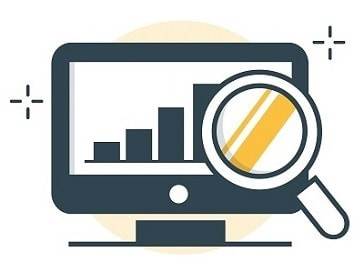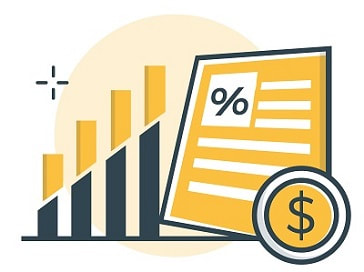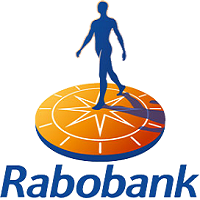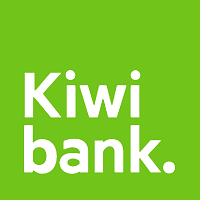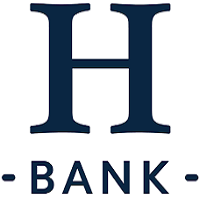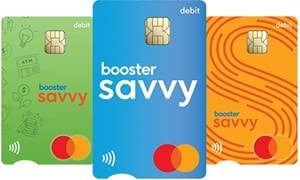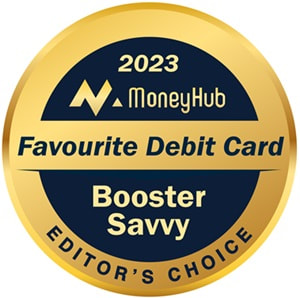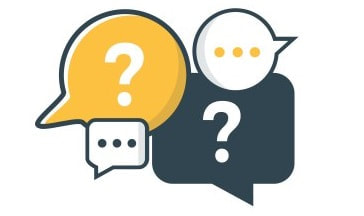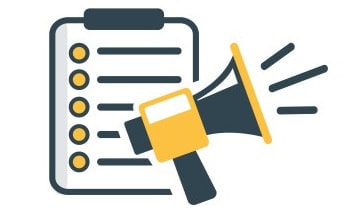Compare Savings Accounts in New Zealand
Find the highest interest rate for your savings, and know which banks require minimum deposits.
Updated 20 July 2024
Regular savers don't get much for their money right now, but it's still possible to earn above what major banks offer. We have all the best savings accounts and reveal all you need to know to maximise bonus interest and your overall return.
Top Bank Savings Accounts interest rates:
Our guide covers:
- Rabobank - Notice Saver 60 days – 5.40% ($0 minimum deposit)
- Kiwibank - Notice Saver 90 days – 5.35% (minimum deposit: $2,000)
- Heartland Bank Notice Saver 90 Days – 5.75% ($0 minimum deposit)
- Rabobank - PremiumSaver - 2.50% to 5.25% ($0 minimum deposit)
Our guide covers:
Know this first: What is the difference between a savings account and a term deposit?
There are three key differences, with savings accounts and term deposits offering unique advantages. We explain the key differences below:
Peer to Peer Investing Alternatives
Peer to peer lenders, such as Squirrel, offer attractive prospects if you're prepared to invest in secured loans for personal and business borrowers. Peer to peer lenders can offer above most savings accounts, but it's not without risks. To learn more, we suggest reading the following:
Our peer to peer lending guide explains the pros and cons and everything you need to know about this topic.
- Interest rates: A term deposit offers a fixed interest rate for the life of your investment. For example, “2.50% p.a. for 3 months” or “2.99% p.a. for 3 years”. Interest rates will usually be higher the longer the term is, as banks pay more for the certainty of re-lending your money for longer. A savings account offers a floating interest rate, meaning it can change at any time. Savings accounts, in most cases, offer lower interest rates than term deposits because you can access your money at any time. Savings accounts are perfect for earning interest month-to-month while having the flexibility to access your money anytime.
- Withdrawals: Term deposits are, as their name states, fixed for a ‘term’. If you need to access your money, a penalty will be applied. This is usually a loss of interest rather than any fee taken from your term deposit investment. By comparison, a savings account allows you to withdraw money at any time. Some savings accounts, such as the Kiwibank notice saver, require you to give 32 or 90 days notice to access your money.
- Bonus interest: In some instances, savings accounts pay a ‘bonus interest’ amount if you avoid withdrawals. This is to encourage you to save. It also gives the bank certainty to lend the money in the long term. You may see offers like “0.25% + 1.00% bonus interest, paid monthly”. This means that you’ll earn 1.25% p.a. if you don’t make any withdrawals, but only 0.25% p.a. if you do. A term deposit doesn’t offer bonus interest – you sign up for the total interest you’ll earn.
- Important: Banks possess varying credit ratings, which serve as indicators of the safety of your savings account as an investment. For more information, refer to our comprehensive Bank Credit Ratings guide.
Peer to Peer Investing Alternatives
Peer to peer lenders, such as Squirrel, offer attractive prospects if you're prepared to invest in secured loans for personal and business borrowers. Peer to peer lenders can offer above most savings accounts, but it's not without risks. To learn more, we suggest reading the following:
Our peer to peer lending guide explains the pros and cons and everything you need to know about this topic.
Top Savings Accounts
Not every bank is the same, and the protection of your money is critical. Our guide to Bank Credit Ratings is a must-read.
Rabobank - Notice Saver 60 days – 5.40%Interest Rate: 5.40% p.a.
Min/max deposit: $1,000, on balances up to $5 million How to open: Apply via Rabobank's website Withdrawals allowed? Yes |
Kiwibank - Notice Saver 90 days – 5.35%Interest Rate: 5.35% p.a.
Min/max deposit: $0 How to open: Apply via Kiwibank's website Withdrawals allowed? Yes, but account holders must give 90 days notice |
Heartland Bank Notice Saver 90 Days – 5.75%Interest Rate: 5.75% p.a.
Min/max deposit: $0, on balances up to $5 million How to open: Apply via Heartland's website Withdrawals allowed? Yes, provided that notice period is met Special Mention: Visit our Best Bank Accounts guide for more details. |
Rabobank - PremiumSaver - 2.50% - 5.25%Interest Rate: 2.50% - 5.25% (Earn 2.0% interest rate if your PremiumSaver balance at the end of the month increases by at least $50 versus the start of the month. If your PremiumSaver balance at the end of the month is not at least $50 higher than it was at the start of the month (excluding any interest paid during the month), then the entire balance will earn the standard RaboSaver rate.
Min/max deposit: $0, on balances up to $100,000 How to open: Apply via Rabobank's website Withdrawals allowed? Yes, with no penalty. Be aware that if your balance drops $50 between months, the bonus interest won't be paid. |
Our Top-Rated Savings Account With Day-to-Day FlexibilityBest Savings Account for Wealth Creation and Flexibility:
What sets Savvy apart?
Savvy arguably redefines how we think about money management, merging the convenience of a debit card with the benefits of an investment fund, all while offering impressive returns. It's a forward-thinking solution for those who want their money to work harder for them without sacrificing accessibility or ease of use. More details: Our Savvy Review explains the product in detail, as does the Savvy website. |
Frequently Asked Questions
Who offers savings accounts?
Most banks offer savings accounts – our table has the latest offers and all the details you need to know.
Can I open a joint savings account?
Yes – banks allow joint savings accounts. They are a helpful way for two people to achieve savings goals, and combining an account may make it easier to reach bonus interest targets. But a joint account can also cause issues if one partner appears to misuse the money. For this reason alone, having your own savings account can offer far more personal security.
What is the best bank account for children?
Our best bank accounts for kids guide highlights everything you need to know and the best accounts available. Best of all, banks and credit unions encourage kids to save by paying above-market interest rates.
How do I open a savings account?
The best way to open a savings account is online on the bank's website or by visiting the bank’s branch. You’ll need to provide a few documents (like an ID and proof of address) to validate the savings account. Once approved, your savings account is ready to accept deposits.
Savings Account Tips to Keep You Focused On Your Goals
- Finalise a goal: There’s no point in making sacrifices to save if you don’t have a plan. For example, “saving $5,000 in one year” is realistic and has a timeframe, as does “saving $2,500 for a car by January”. You can even rename your savings account to match your goal, i.e. “Fiji Trip SEP” or “Wedding”. This helps resist the temptation to plunder your savings account – taking out $500 from the ‘Mum’s Birthday Trip’ account to go on a hen’s party does not align with the goals.
- Make the goal happen: The best way is to ‘auto-save’ by opening up a savings account and depositing a fixed amount right after you get paid. This way, you can’t leave savings as an afterthought – it happens first.
- Cut costs: Our ways to save guide has been featured in Stuff.co.nz and offers twenty tips to cut back on non-essential expenses. You can see what applies to you and make an effort to eliminate what you don’t need or want. Our Barefoot Investor guide has further tips for living a financially secure life.
- Look at your savings every six months: Are you on track? Review your savings level every six months. Also, make sure you’re getting the best deal by comparing the top savings accounts.
- Help your kids out: Our guide to best bank accounts for kids offers the best deals available right now. If you start them off with $50 or $100, they’ll be encouraged to save and form good money habits.

